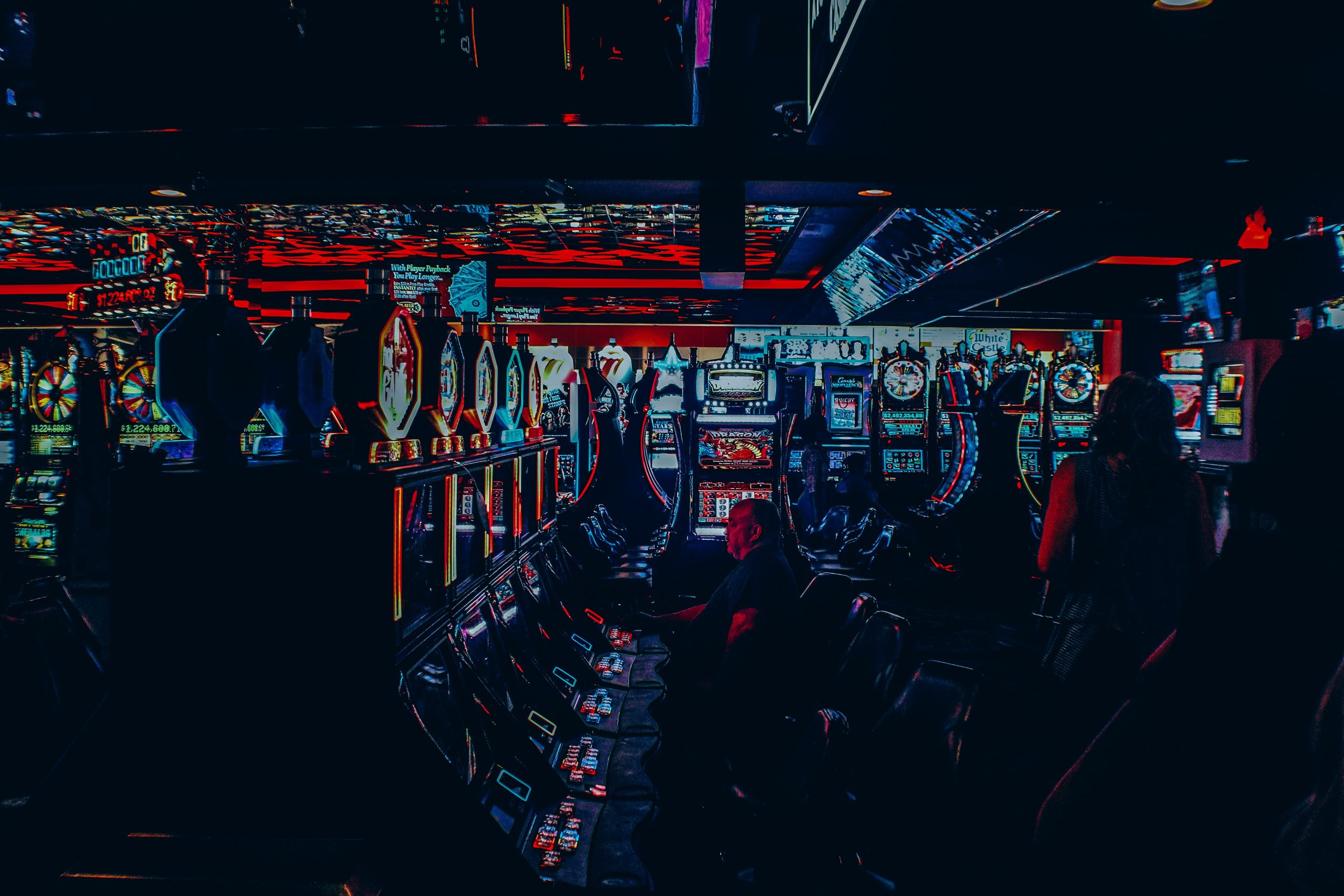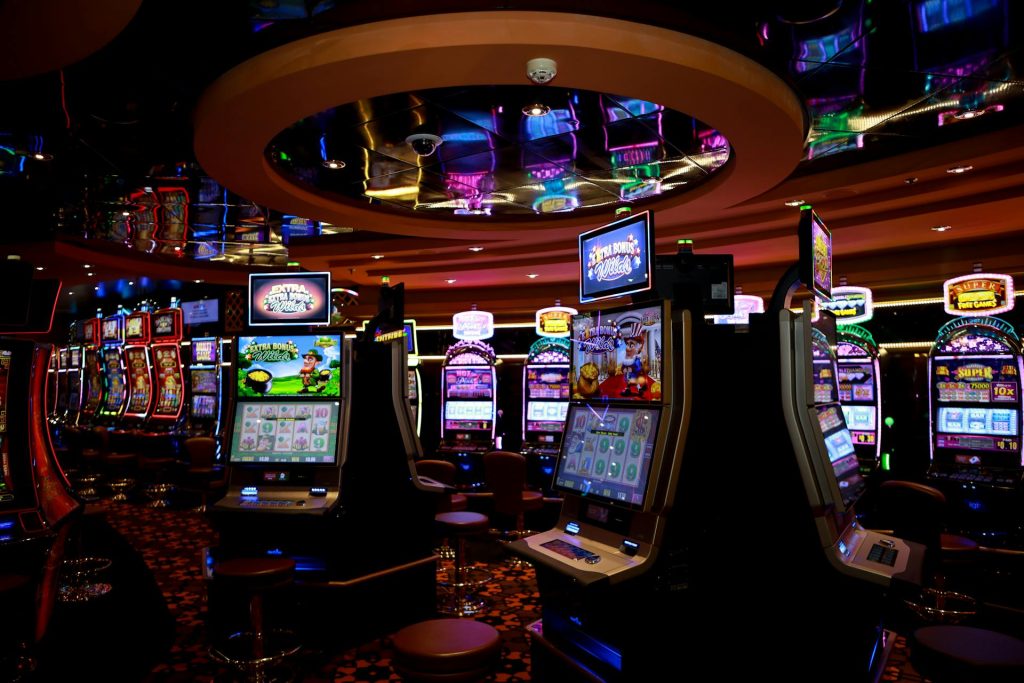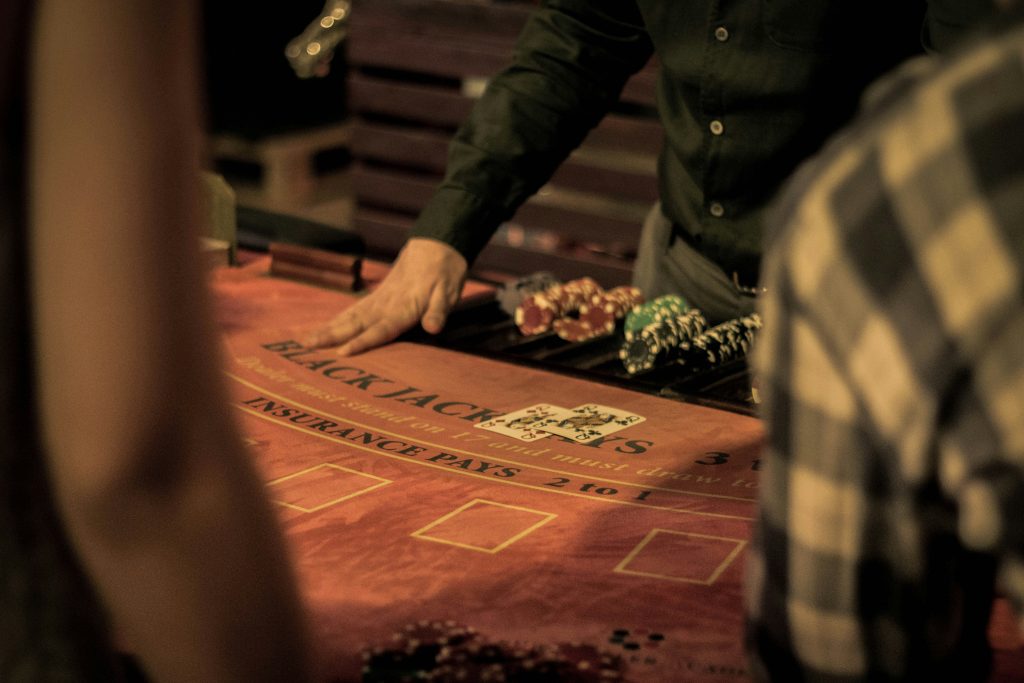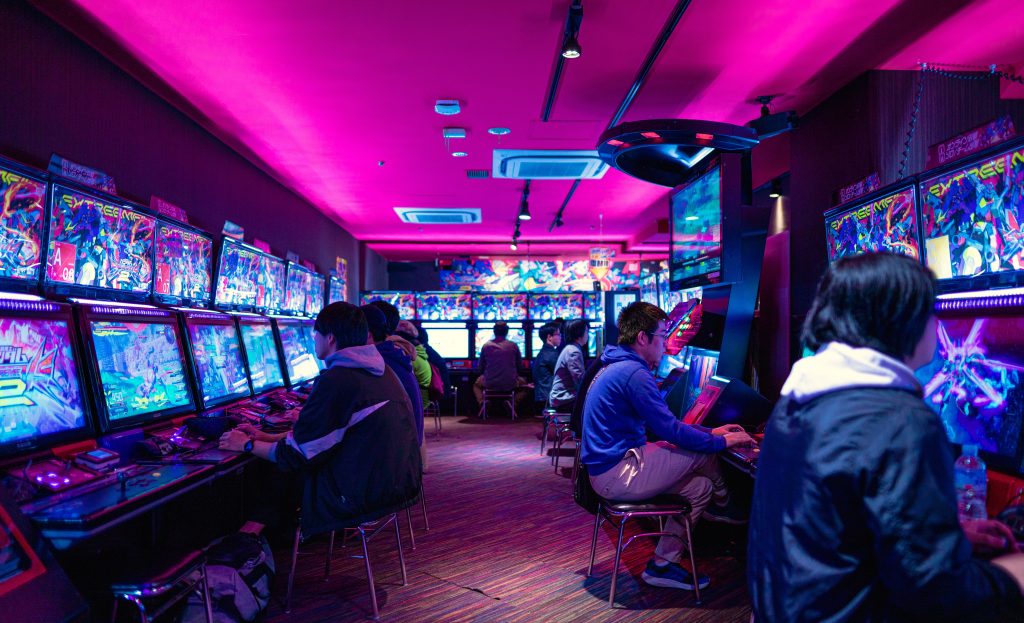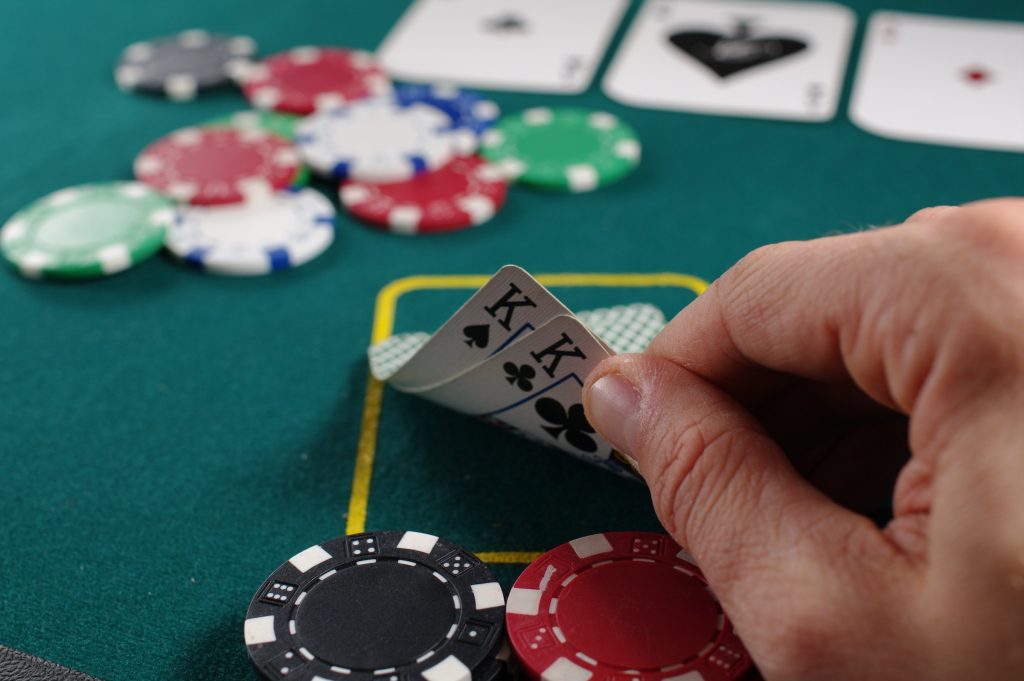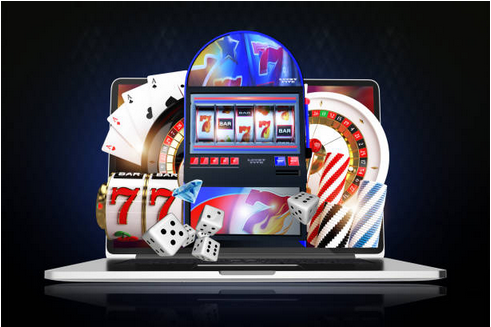The world of gambling has undergone a significant transformation with the advent of blockchain technology. Decentralized casinos, powered by blockchain, have emerged as a disruptive force in the industry. In this article, we’ll delve into the concept of decentralized casinos, exploring their advantages, drawbacks, and the impact of blockchain technology on the gambling landscape.
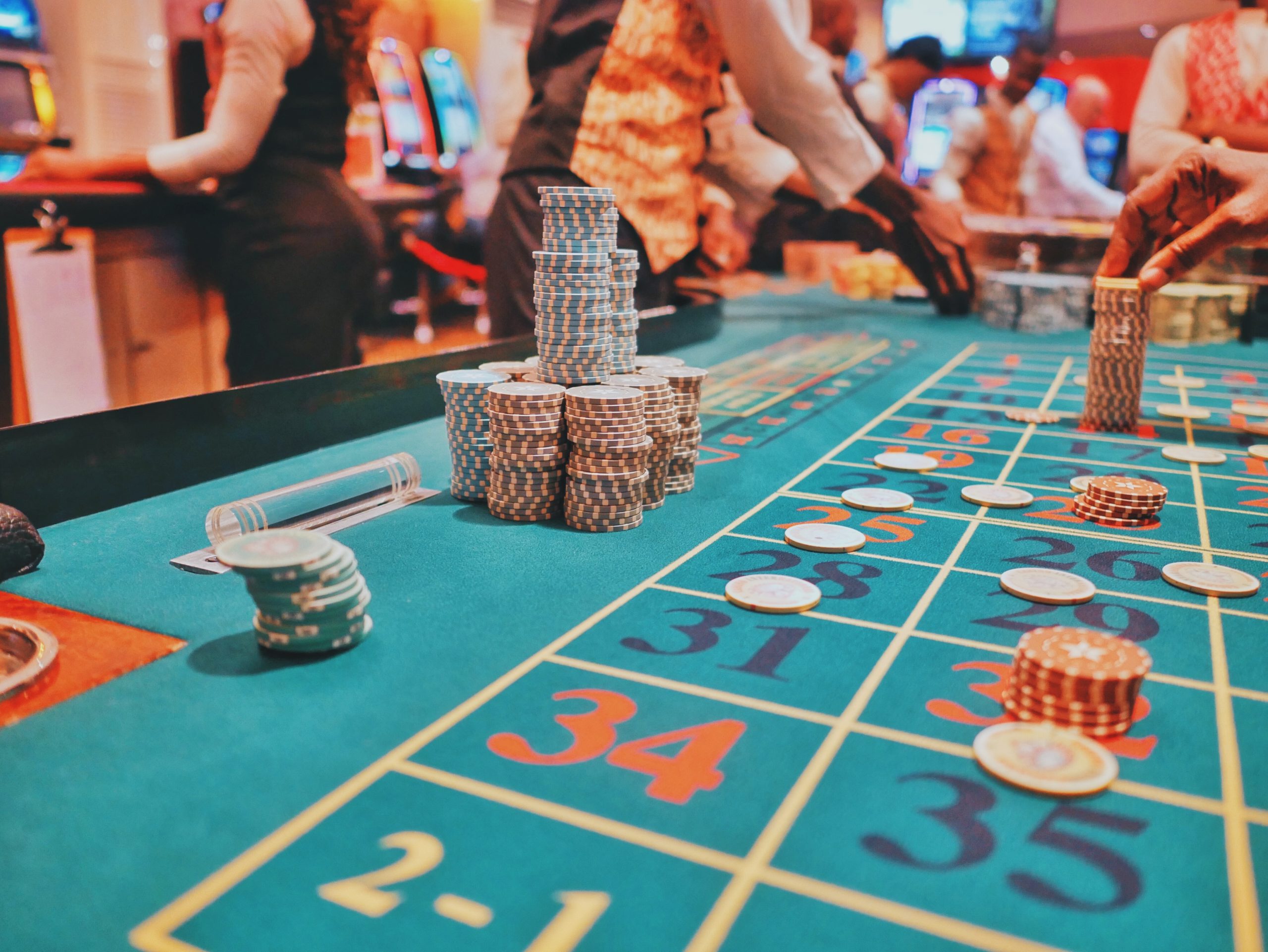
The Rise of Decentralized Casinos
Decentralized casinos operate on blockchain networks, utilizing smart contracts to facilitate transactions and ensure transparency. Unlike traditional online casinos, which rely on centralized servers and intermediaries, decentralized casinos leverage the decentralized nature of blockchain for a more secure and fair gambling experience.
The Good: Advantages of Decentralized Casinos
1. Transparency and Fairness
One of the most significant advantages of decentralized casinos is the level of transparency they offer. Transactions and gameplay data are recorded on the blockchain, providing an immutable ledger that players can verify. This transparency ensures that games are fair and free from manipulation.
2. Security and Anonymity
Blockchain’s cryptographic protocols provide a high level of security for transactions and user data. Players can remain pseudonymous, using cryptographic addresses rather than personal information. This reduces the risk of identity theft and fraud, creating a safer gambling environment.
3. Accessibility
Decentralized casinos are accessible to players worldwide, regardless of their location. Since they operate on blockchain networks, they are not bound by geographical restrictions or regulatory frameworks that may limit traditional casinos.
4. Reduced House Edge
Some decentralized casinos implement smart contracts that significantly reduce the house edge, giving players a higher chance of winning. This can be particularly appealing for gamblers seeking more favorable odds.
5. Ownership of Funds
In decentralized casinos, players have direct control over their funds. They do not need to rely on third-party intermediaries to deposit or withdraw money. This eliminates the risk of funds being frozen or confiscated by centralized authorities.
The Bad: Challenges and Drawbacks
While decentralized casinos offer promising advantages, they are not without their challenges and drawbacks.
1. Limited Game Selection
Compared to traditional online casinos, decentralized platforms may have a more limited range of games. The development of complex, high-quality games on the blockchain is still in its early stages.
2. Scalability Issues
Blockchain networks face scalability challenges. High transaction fees and slower processing times can hinder the seamless gameplay experience that players are accustomed to in traditional casinos.
3. Regulatory Uncertainty
The decentralized nature of blockchain technology creates regulatory challenges. Many jurisdictions are still developing frameworks to govern decentralized casinos, which can lead to legal uncertainty for both operators and players.
4. Smart Contract Vulnerabilities
While blockchain technology is generally secure, smart contracts can be vulnerable to bugs or vulnerabilities. Exploiting these vulnerabilities can lead to security breaches or unfair gameplay.
The Blockchain Impact
Blockchain technology has not only revolutionized the way casinos operate but has also paved the way for innovations in the broader gambling industry.
1. Non-Fungible Tokens (NFTs)
Blockchain enables the creation of unique, verifiable digital assets known as NFTs. In the context of gambling, NFTs can represent rare in-game items, collectibles, or even ownership shares in a casino.
2. Decentralized Finance (DeFi) Integration
Decentralized casinos can integrate with the broader DeFi ecosystem, allowing users to earn interest on their deposits, borrow against their assets, or participate in liquidity pools.
3. Decentralized Autonomous Organizations (DAOs)
DAOs, facilitated by blockchain technology, could be used to govern and make decisions about the operation of decentralized casinos. This could lead to a more democratic and community-driven approach to casino management.
Decentralized casinos represent an exciting frontier in the world of gambling. While they offer unprecedented levels of transparency, security, and accessibility, they also face challenges related to scalability and regulatory compliance. As blockchain technology continues to evolve, decentralized casinos are likely to play a more significant role in the future of the gambling industry, offering innovative solutions and reshaping the way we experience games of chance.

